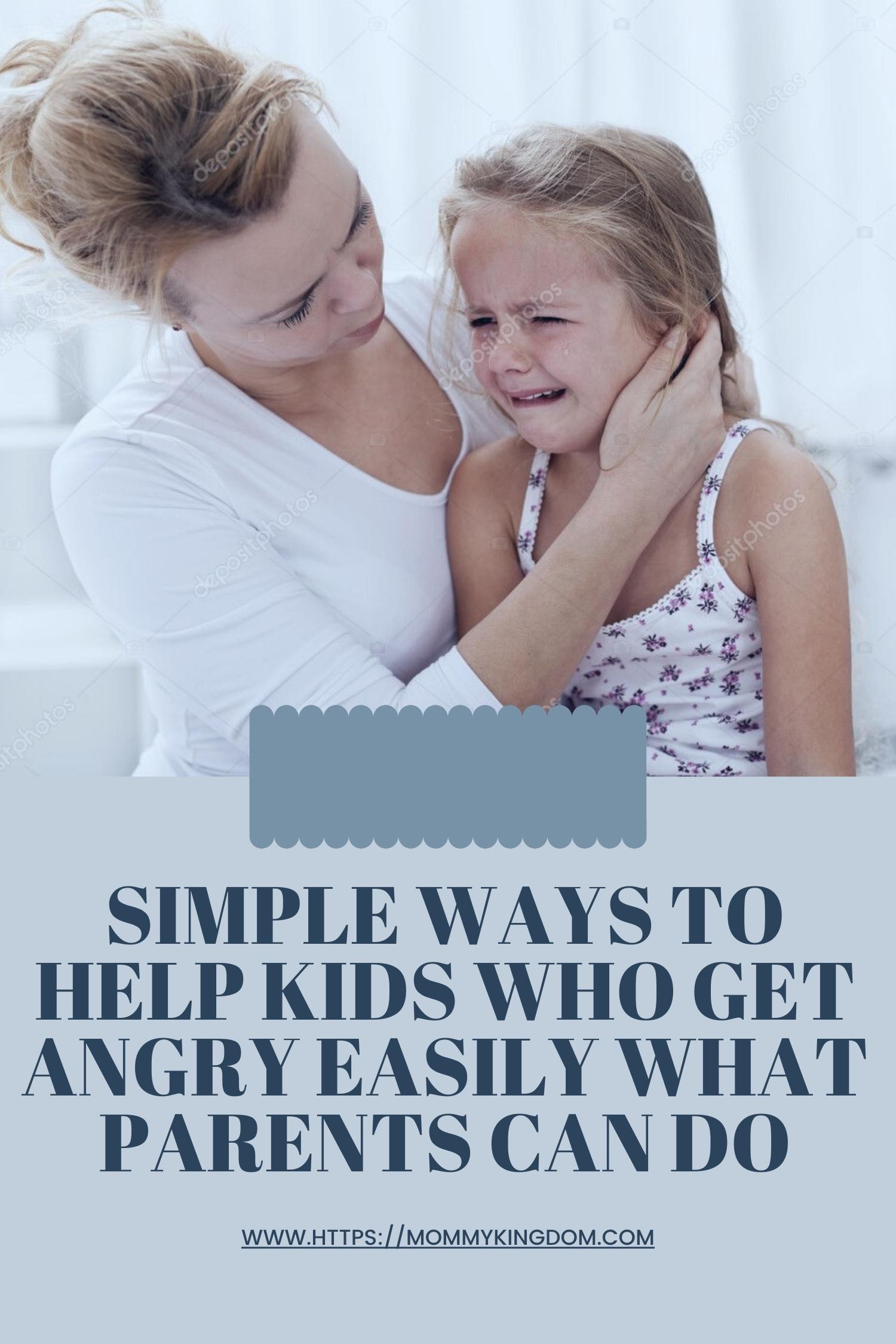Learn how to handle kids who easily anger with these practical parenting tips. Create a peaceful home environment and foster emotional well-being for your children.
Parenting is a journey filled with joy, laughter, and challenges. One of these challenges is dealing with kids who easily anger. Understanding and helping them manage their emotions is crucial for their overall well-being. In this article, we’ll explore effective strategies that parents can use to create a peaceful and supportive environment for children who struggle with anger issues.
Kids Who Easily Anger: Understanding the Challenge
Dealing with children who frequently express anger can be overwhelming. It’s important to dive into the underlying causes and triggers of their anger. Often, kids lack the necessary communication skills to express their emotions adequately, leading to frustration and anger.
Identifying Triggers and Underlying Emotions
Managing children’s anger effectively involves identifying the specific triggers that lead to their outbursts. These triggers can vary widely, from tiredness and hunger to frustration over schoolwork or social interactions. By recognizing these triggers, parents can provide the right support and guidance to help their children navigate their emotions.
Effective Strategies for Parents
1. Active Listening and Open Communication

Effective communication with children is the cornerstone of managing their anger. Actively listen to your child’s concerns without judgment, creating an environment where they feel safe to express themselves. By encouraging open communication, you build trust and give your child the opportunity to share their frustrations.
2. Teach Healthy Coping Mechanisms

Teaching emotional regulation and coping skills is essential. Empower your child with constructive ways to manage their anger. Introduce techniques such as deep breathing, journaling, or engaging in creative activities they enjoy. These methods redirect their focus and help them calm down during moments of anger.
3. Set Clear Boundaries

Establishing clear boundaries at home provides children with a sense of security. Make sure they understand the rules of the household and the consequences of breaking them. Consistently enforcing these boundaries helps children develop self-control and respect for rules.
4. Practice Mindfulness Together

Engaging in mindfulness activities as a family promotes emotional well-being. Teach your child to be present in the moment and pay attention to their feelings. Mindfulness prevents impulsive reactions and helps children become more self-aware.
5. Encourage Problem-Solving

Guide your child in developing problem-solving skills when faced with challenges. Encourage them to brainstorm solutions and weigh the pros and cons of each option. This empowers them to address issues constructively and reduces feelings of frustration.
Final Words
Parenting children who easily anger requires patience, understanding, and effective strategies. Through active listening, teaching healthy coping mechanisms, and creating a nurturing environment, parents can help their children manage their anger positively. Remember that every child is unique, so adapt your approach to their individual needs. With consistent effort, you can create an atmosphere that promotes emotional well-being and strengthens the parent-child bond.
FAQs
Is anger always a bad emotion for kids?
Anger is a natural emotion, and it’s not inherently bad. The key is teaching kids how to express and manage their anger in healthy ways.
Can’t I just punish my child for their angry outbursts?
Punishment might not address the root causes of anger. Instead, focus on helping your child develop emotional regulation skills. Positive reinforcement for using healthy coping mechanisms can be more effective.
How can I remain calm when my child is angry?
Modeling calm behavior is important. Take deep breaths and maintain your composure. Your reactions influence how your child learns to manage their emotions.
What if my child’s anger seems excessive?
If your child’s anger significantly impacts their daily life, consider seeking guidance from a child psychologist or counselor. They can provide professional insights and strategies to address the situation.
Is it okay for my child to take breaks when they’re angry?
Absolutely. Taking breaks can help children cool down and gain perspective. Teach them to communicate that they need a moment to calm down before discussing the issue further.
Can I help my child without being overly intrusive?
Balancing support with respect for their space is important. Let your child know you’re there for them, but also give them the autonomy to express themselves in their preferred way.
